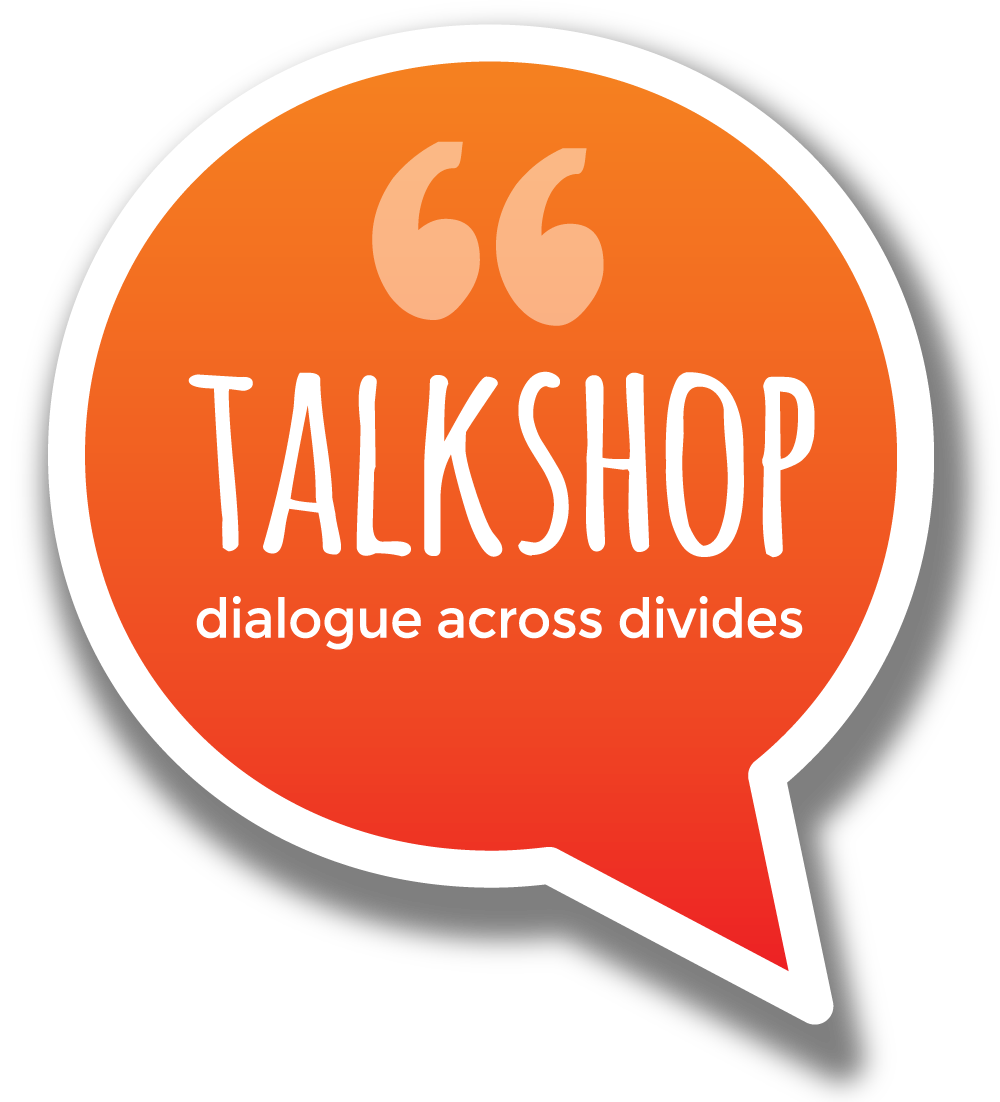This is something I wrote for the wonderful students at Kingston Uni who helped with our social media strategy. (watch this space!)
Thanks so much for agreeing to help us at Talk Shop.
I’m really pleased that you’ll be helping us, because I’m really excited about what Talk Shop might achieve in the near future, with your help.
I believe that bottom-up, ‘participative deliberative’ democracy will play a key part in achieving a more just and sustainable society. This is partly because it might be able to decrease the influence of groups that have a financial benefit from locking us into the status quo. And importantly, it will help ordinary people to understand and co-create the changes that we all will need to make, in order to achieve the kind of society we all want.
There’s a real hunger out there for new forms of democracy aka decision making. Many people feel they’re not listened to. They want to ‘take back control’. Others are puzzled why we know there’s a climate emergency yet we seemingly are doing nothing about it.
So what is ‘participative deliberative’ democracy? Well, participative – as the word suggests – means that everybody can have a say. And a deliberative democracy includes the use of listening to, and questioning of all stakeholders’ perspectives, as well as listening to the differing views of experts. It also uses various ways to find a common agreement for a way forward.
It deliberately avoids the kind of yah-boo scenes we often see in Parliament, because in that kind of setting our attentions are turned towards the drama of personal conflict, and away from the important issues and decisions.
Some examples of participative deliberative democracy include Participatory Budgeting, Peoples’ Assemblies, Citizens’ Assemblies, World Cafe, Open Space and the methods used by Talk Shop.
An area of practice common to most involves people sitting at tables of about 6 so that they can discuss amongst themselves. Each table is given a question – sometimes all the same question – to discuss, and after an agreed time someone from each table tells everyone where they’d got to.
You may have heard of Extinction Rebellion’s Peoples Assemblies where whoever turns up joins in the discussion.
A Citizens Assembly (or CA) is more formal, and takes longer; and their recommendations are, at least, considered by Government. People are chosen by lot aka sortition. Two recent examples are the CA on Funding Social Care commissioned by 2 Parliamentary committees, and Ireland’s CA on Abortion held before the Constitutional Referendum on the subject.
Earlier I said that I believe bottom-up, ‘participative deliberative’ democracy will play a key part in achieving a more just and sustainable society. OK, well how? The answer is I don’t really know, but that’s the beauty of a mass effort – which there is – of people experimenting with new forms. And they’re starting to share what works in different situations, and these ideas are being copied elsewhere. All this might take a long while. It might come in fits and starts, and there may be lulls when we seem to be going backwards. But because there are so many groups experimenting, something new and useful is always likely to emerge.
So, thanks so much for offering to help in our project. I’m really looking forward to working with you over the next 6 weeks, and keen to use your advice.
Take a look at some of the links in the text, and checkout some of these networks & practitioners to see what’s going on:
- The Alternative UK
- Royal Society of Arts: Campaign for Deliberative Democracy and articles tagged Deliberative Democracy
- Extinction Rebellion: Future Democracy Hub
- DemSoc
- Involve
- Transition Towns
- Patrick Chalmers: Films on new kinds of democracy
Bob Bollen
4th Nov 2019
